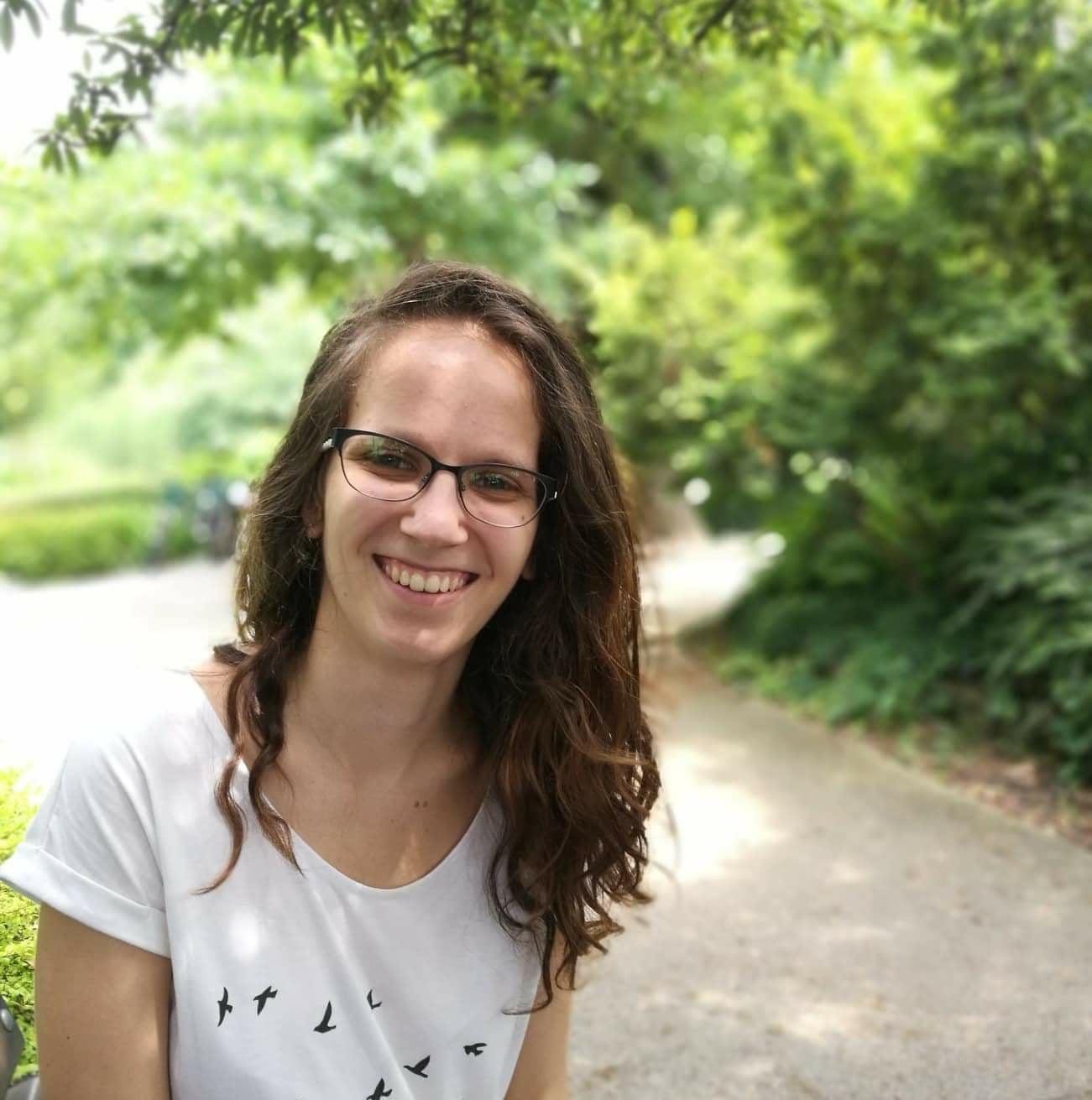Virag Kinga Mezei is a Hungarian intern for the World Council of Churches (WCC) Commission of the Churches on International Affairs. With a passion for human rights, she regularly engages in discussions while also getting training through the WCC on mechanisms that lead to the achievement of racial and social justice.
Mezei recently participated in the 41st session of the United Nations Human Rights Council, reading a statement on behalf of the WCC. She spoke to WCC Communication about her experience.
Q: Can you share a bit about the topic you raised in the statement you read?
Mezei: The statement was about statelessness in the Dominican Republic. In 2013, many Dominicans of Haitian origin were deprived of their nationality. This means that they lack access to so much: education, health care, work, marriage, and other things we take for granted. In the statement we urged the Dominican government to respect the right to nationality.
What do you expect the Human Rights Council to do?
Mezei: We would like the government to listen to our recommendations, and to take measures to protect the rights of those at risk of becoming stateless. But what is just as important is ensuring that the voice of the people is heard at the Human Rights Council, and ensure them that they are not alone.
Is there a particular issue in which you are interested?
Mezei: As an intern I am involved in work related to child rights, racism and xenophobia, and human rights and disarmament. Before I started this internship, I was working at an organization that supports refugees and helps their integration into Hungarian society, so this issue is also very important to me.
Do you feel that young people have a voice at the HRC?
Mezei: A week before this session of the Human Rights Council started, I participated at a training organized by Geneva for human rights and the WCC. It was an introductory course for students, interns, fellows and junior professionals of non-governmental organization delegations attending the Human Rights Council. The participants were all about my age, and their enthusiasm was very inspiring – so yes, I do think that we have a voice.









